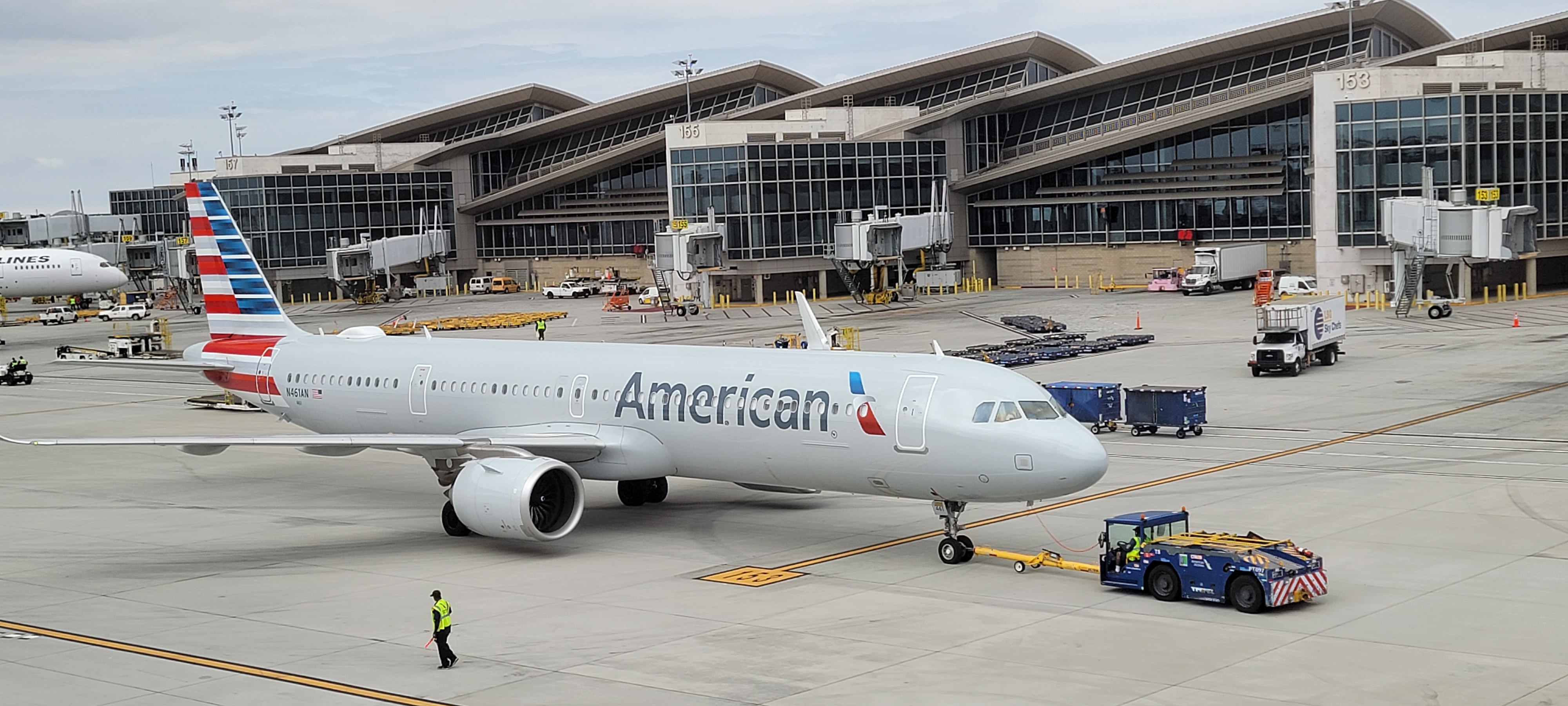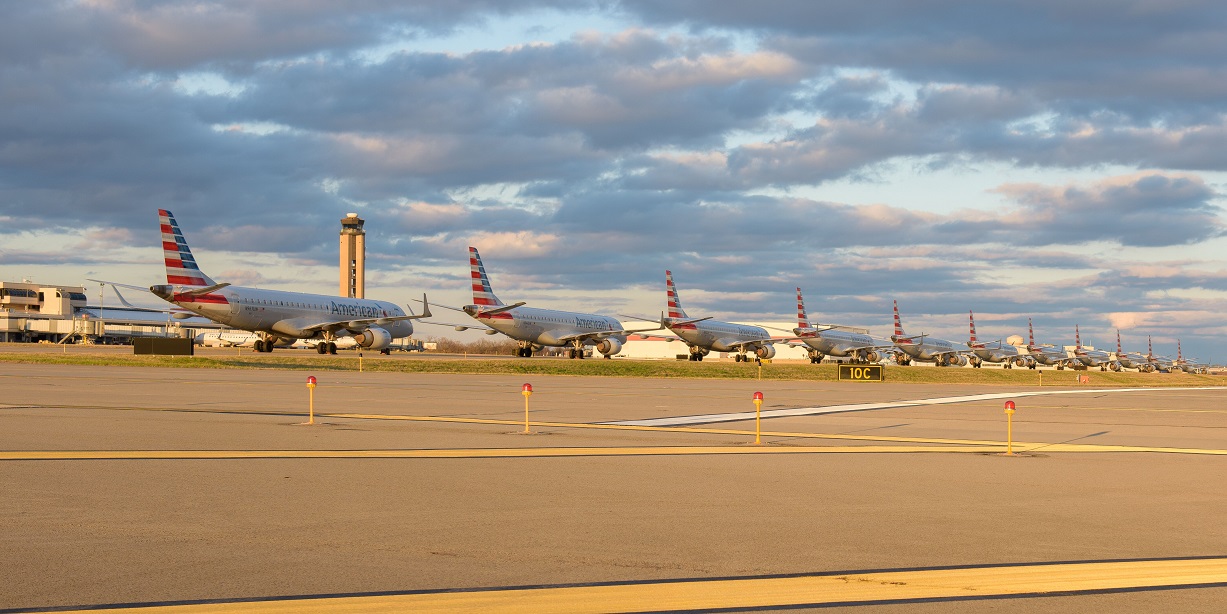When the Alaska Airlines Boeing 737 MAX 9 lost a door plug in January, that wasn’t just a problem for the plane and its passengers. It wasn’t just a problem for Boeing’s reputation. It was securities fraud.
When Southwest Airlines melted down over the holidays in December 2022, it didn’t just strand two million passengers and cost the airline a billion dollars. It was also securities fraud.
As national treasure Matt Levine of Bloomberg famously points out, everything is securities fraud. If the CEO of a public company has an affair with a subordinate, while also stating that the company acts ethically, that’s… securities fraud.
- If you did a bad thing and misled investors about it, that’s securities fraud.
- You don’t just have to have failed to tell investors. The game is, go find a statement a company made which may have downplayed the thing and then they’ve committed fraud.
A law firm is, naturally, looking to file suit against American Airlines following the airline’s dismissal of Chief Commercial Officer Vasu Raja.
On May 28, 2024, after the market closed, American Airlines announced the departure of its Chief Commercial Officer and lowered its guidance. In an industry conference the following day, May 29, 2024, American Airlines’ Chief Executive Officer stated that the Company’s “expectation for domestic performance has worsened materially since [it] provided guidance in April” and that its lowered guidance “is largely due to a softer domestic environment than [the Company was] expecting and [its] performance within that environment.”
On this news, American Airlines’ stock price fell $1.82 per share, or 13.54%, to close at $11.65 per share on May 29, 2024.

American Airlines did a thing. Investors were harmed. Did American Airlines make statements that downplayed the likelihood of the thing?
Some areas that enterprising lawyers, including these, will likely look at:
- For more than a week American Airlines had been telling journalists that rumors of Vasu Raja’s departure were false. The airline’s statements about the impending departure of its Chief Commercial Officer turned out not to be accurate. See, for instance, Brian Sumers.
Vasu Raja, one of the more embattled executives in U.S. aviation, is working remotely “for a few weeks while he takes care of some personal matters,” an American Airlines spokesperson told me on Monday.
…Many of you have sought to convince me that Raja is never coming back, that the board had tired of his Sunbelt and direct distribution strategies, which thus far have resulted in a substantial margin gap compared to American’s peer airlines. Some of you were absolutely sure you had inside information suggesting Raja is a goner.
…[A]n American spokesperson went on record promising that Raja will return. “Vasu is not leaving,” Andrea Koos told me in a very short telephone interview.
- When they announced Raja’s departure, they significantly downgraded earnings expectations for the quarter that was already two months over. They certainly knew (or should have known!) that they weren’t going to hit their previous guidance. As every public company will remind you whenever discussing projections, they ‘undertake no obligation’ to update the information. But had they offered any statements suggesting a positive outlook while knowing that previous guidance no longer held?
- American Airlines just weeks earlier delaying implementation of its rule that many travel agency tickets would no longer earn miles, saying this would go into effect July 11th. Did they already know they were going to reverse course, as part of Vasu Raja’s exit? I suspect that they didn’t, but they could have!

The American Airlines experiment in selling direct, and pressuring travel agents to adopt technologies (that don’t always work well) in order to offer ancillary sales like paid seat assignments – as well as a decision to back away from managed corporate discounts – didn’t just mean reduced revenue for the airline. It may also have been securities fraud.


I’d guess that they would have to issue rosy statements to revenue projections (not firings) much closer in time to Vasu’s departure. Like a week.
I’d argue that Vasu being fired helps future earnings.
Seems like a real reach.
Securities fraud has become the personal injury of the stockholder world. You can take precautions, but if anything that isn’t a wonderful outcome happens, there will be a lawyer somewhere to bring suit. Business is taking gambles, sometimes those will pay off and sometimes they won’t. I want companies to gamble to a degree for sometimes it will bring you an iPod. Of course other times you get a Zune. But investing is gambling anyway you cut it.
Bad boys? Bad boys?
Whatcha gonna do?
I detest the derivative shareholder parasite attorneys. Notice they never off to give back money if the stock pops due to some announcement or event for are first to file if the stock goes down.
BTW outside of true fraud (Enron and Worldcom) these almost never go to trial or r benefit anyone in the class (outside of maybe some commitment to make changes regarding notifications in the future). However the companies typically pay the parasite attorneys a shakedown fee (round error for company but maybe 1-2 million) to go away. They are the only ones that ever benefit and it is always the same group of shysters
@AC, you got that right. The shysters claim they are looking out for the shareholders but in fact are hurting shareholders, especially at smaller companies, by forcing the company to spend on lawyers and shakedown fees, thereby reducing profits, which ultimately lowers share price.
“Enterprising” is a charitable description of the lawyers.
Not sure who Bloomberg columnist Matt Levin is, but Matt Levine is pretty good.
So CEOs cannot lie to investors?? Too much regulation. Make sure that you vote correctly for the party who wants to remove regulations so that CEOs don’t have to deal with this silliness — and have the freedom lie to investors all the time!!!
This is one reason why lawyers are (mostly) sleazeballs.
Jake, I suggest you READ next time before commenting such ridiculousness, and adding your Political nonsense to the convo too. “Securities Fraud” HAS in fact become anway for lawyers/firms to shakedown companies for trying something different. It’s ACTUAL theft from shareholders, not CEOs waxing poetic for a couple of quarters so their new idea can actually take hold. In this “microwave pasta” society everyone wants everything NOW, even if it is gummy and not “al dente”. No company actually has any time to see if anything will work due to the current market dynamics, so nothing does ever change
Large corporations are faced with frivolous lawsuits such as this one on a daily basis. Most get swatted away like gnats. This one is no different. Not newsworthy.
I agree that this is a shakedown. And I think securities lawsuits are often exercises in extraction. But AA didn’t represent this accurately and then there was a share price drop. There is a fact pattern here that doesn’t look great.
The real question is always “What did they know and when did they know it?”. And what was said at each point in time?
The e-mails and internal corporate reports and forecasts will either tell a story or they won’t. But I suspect they will.
BTW, @AC – you’re off by a factor of 10x or more. Easily could be $10-20 million, depending on how quickly the company settles.